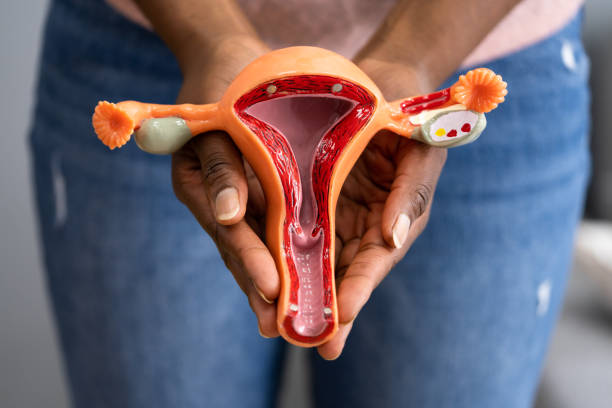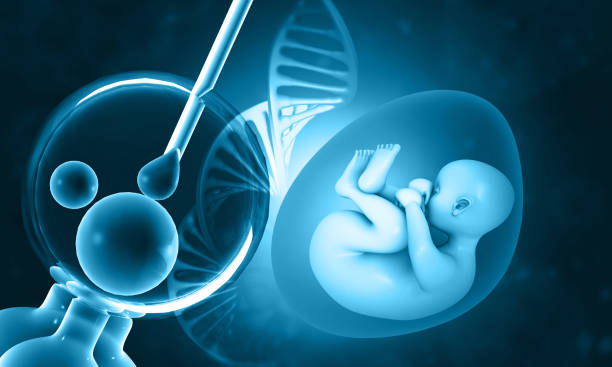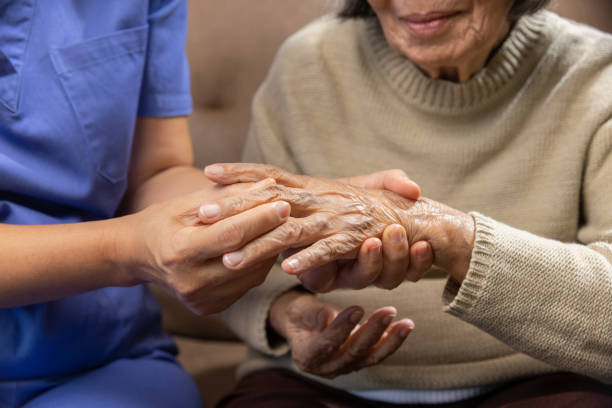By Deborah Bamisaye
“I can’t share the sugar equally joor! I am older than you and that qualifies me to take more for my Garri.” “Says who?” Asked Shade. “Says me, myself and I,” replied Segun. “Mummy, come and warn Segun o!” “Brother Segun, not Segun, I’m not your mate.” Mum in the lobby and on hearing Shade’s call came in, “Why are you always upsetting your sister, Segun? don’t you know…?
Debby wades in: “Hey Mummy, stop! Yes, please do not say a word until you have read this piece. Have you seen this month’s PharmaTimes on PCOS? If no, then let’s help you take informed decision or talk in line with what is right for the girl. Let’s dive right in!”
Insulin Tricks Factory Workers
Permit me to tell you a tale. It’s a tale on PCOS and how it came to be by a simple trick.
Imagine your body is like a big factory. Inside this factory, there are special workers called ‘hormones.’ They send messages to different parts of the body to help it work properly.
One important part of the factory is the ovaries, where little eggs grow. The ovaries usually make just the right number of hormones to keep everything balanced, like ‘estrogen’ (a girl hormone) and a tiny bit of ‘testosterone’ (a boy hormone that girls also have a little of). This is vice versa for boys too.
Now, sometimes, the factory gets a bit confused. There’s a helper called ‘insulin’ that helps turn sugar from food into energy. But in some girls with PCOS, the factory’s cells don’t listen well to insulin — this is called ‘insulin resistance.’ This is because the cells don’t listen, the factory makes extra insulin to try harder, in order to get the attention of those cells, hmmm; nibo? (For where?)
Now, because the body is trying to make some corrections by producing extra insulin, the extra insulin tells the ovaries to make too much testosterone, the “boy hormone.” This is like the factory workers getting mixed-up orders and making too many of one thing. When there’s too much testosterone, it stops the eggs from growing properly and causes changes like extra hair or irregular periods.
So, the body makes more male hormones because the extra insulin tricks the ovaries into producing them. It’s not the girl’s fault — it’s just how the factory got a little mixed up!
Now that you know that Polycystic Ovary Syndrome (PCOS) is a health condition that happens when a girl’s body makes more “male hormones” than usual, even though girls normally have a little bit of these hormones too. It is important you also know that it can cause changes like irregular or missed periods, extra hair growing on the face or body, and sometimes acne (pimples.)
Inside a girl’s body, the ovaries usually make eggs and hormones that help with growing up and having periods. But with PCOS, the ovaries make many tiny sacs called cysts that hold eggs that don’t grow properly. This can make it hard for the ovaries to work normally.
Doctors don’t know exactly why PCOS happens, but it can run in families and might be linked to how the body uses insulin, a hormone that controls sugar in the blood.
So, PCOS is like when the body’s hormones get a little mixed up, causing changes in periods and hair growth, but with help from doctors, girls with PCOS can manage it well as there is no known cure.
Should there Be Fallout?
Most likely yes! This is because excess sugar intake can contribute to PCOS raising blood sugar levels, making the pancreas produce more insulin to manage it. Over time, the body’s cells can become resistant to insulin, meaning more insulin is needed to lower blood sugar. This high insulin level then signals the ovaries to produce more male hormones (androgens), which disrupts normal ovary function and can cause PCOS symptoms like irregular periods and cysts.
Studies in animals and humans show that a high-sugar diet leads to insulin resistance, ovarian dysfunction, and is linked to a higher prevalence of PCOS. Kindly note that sugar itself doesn’t directly cause PCOS, eating too much sugar can trigger insulin resistance, which then promotes the hormonal imbalances seen in PCOS. Reducing added sugar intake may help protect ovarian health and lower PCOS risk.
Hormonal Imbalance – Primary & Secondary Causes
The hormone imbalance that leads to PCOS symptoms is mainly caused by the ovaries producing too many male hormones called androgens. This happens when the ovaries create excess androgens, disrupting the normal balance of reproductive hormones.
A key factor contributing to this imbalance is insulin resistance. Insulin is a hormone that helps control blood sugar, but when the body’s cells resist insulin, the pancreas makes extra insulin to compensate. High insulin levels then cause the ovaries to produce more androgens, which interferes with normal egg development and ovulation.
Other factors linked to the hormone imbalance include low-grade inflammation in the body and genetic predisposition, as PCOS could also occur when it runs in families. The exact cause of why these hormone changes occur is still unknown, but it may involve the ovaries, hormone-producing glands, or the brain areas controlling hormone production.
It will therefore not be wrong to say that, insulin resistance, genetics, and inflammation lead to excess androgen production by the ovaries, causing the hormonal imbalance and symptoms of PCOS.
When it Runs in the Family
The question is: What happens when PCOS run in families? Research shows that if someone in your family, like your mother or sister, has PCOS, you might be more likely to develop it too. This is because PCOS has a genetic or hereditary component, although the exact way it is passed down is not fully understood. It can also be linked to family history of insulin resistance or type-2 diabetes.
To find out if you have PCOS, you should talk to a doctor who will ask about your symptoms, family health history, and may do physical exams, blood tests to check hormone levels, and possibly an ultrasound to look at your ovaries.
Sharing your family history with your doctor helps them understand your risk and decide if testing for PCOS is needed.
In other words, knowing your family health history and consulting a doctor are key steps to find out if you have it.
Cure?
Cure? No! Hmmm! Treatment & management? Yes! Although there is no cure, treatment focuses on managing symptoms and addressing specific concerns such as irregular periods, excess hair growth, acne, insulin resistance, and fertility issues.
Treatment plans are tailored to individual symptoms and fertility goals, often requiring a combination of approaches under medical supervision.
At this point, I suggest Mama Segun should only address Segun’s bullying as it seems it wasn’t the first time. I advice she desists from talking about the sugar for Garri issue until this PCOS series is concluded the next time. She needs to know what to begin to do as a mother to protect her girl child from it, natural approaches and many more. The next edition of PharmaTimes would do justice to these.
See you soon!





